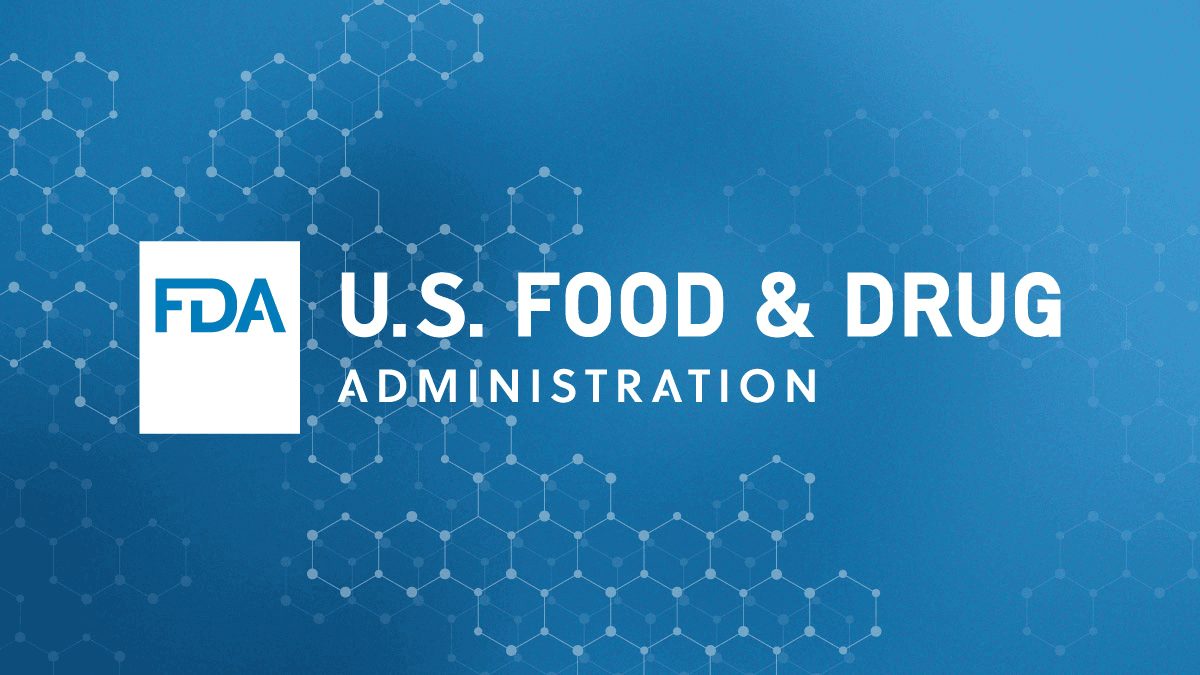
The U.S. Food and Drug Administration (FDA) recently approved Tyruko (natalizumab-sztn, made by Sandoz, a division of the Novartis group). Tyruko is the first biosimilar disease-modifying therapy (DMT) for individuals with relapsing forms of MS. Tyruko is similar to Tysabri (natalizumab, Biogen). This biosimilar DMT is expected to be available in 2024. A biosimilar is a biological product that is made inside living cells. It can be approved after demonstrating that is highly similar to an FDA-approved biologic product.
Tyruko, like Tysabri, is a monoclonal antibody that blocks the ability of inflammatory B and T cells to migrate across the blood brain barrier into the central nervous system. Tyruko has been shown to have similar safety, efficacy, and side effect profile as Tysabri. And it is also administered every 4 weeks by intravenous infusion over one hour, every four weeks.
The FDA approved Tyruko based on results from a randomized, double-blind phase 3 clinical trial. This trial evaluated the comparative efficacy, safety, and immunogenicity between Tyruko and Tysabri in participants with relapsing-remitting MS. There were no significant differences in effectiveness, safety, and other factors between those individuals on Tyruko and those on Tysabri.
The most common side effects of Tyruko included headache, feeling tired, urinary tract infections, joint pain, lung infection, depression, arm and leg pain, diarrhea, vaginitis, rash, nose and throat infections, nausea and stomach area pain.
Like Tysabri, Tyruko may also cause serious side effects. Tyruko has a Black Box warning for risk of progressive multifocal leukoencephalopathy (PML). PML is a rare but serious viral infection of the brain that is caused by the JC Virus (JCV). PML is seen in MS patients who are JCV positive and on disease modifying therapies known to increase the risk of PML. Therefore, Tyruko is available only through a restricted distribution program called the MS Tyruko REMS Prescribing Program.
At least 50% of the general population has been exposed to JCV, but the infection is generally asymptomatic. But, in immunocompromised patients, including those taking certain MS DMTs, the JC Virus can infect the brain and result in PML. PML The first case of PML in MS was discovered in 2005 with the use of Tysabri.
Repeated negative testing for the JC virus that causes PML can dramatically minimize the risk of PML. Natalizumab is considered by Rocky Mountain MS Center neurologists as a “First Line” treatment for patients who test and remain negative for the JC virus, and “Fourth Line” (not recommended) for patients who have been exposed to the JC virus. This difference is related to the possible risk of PML.
“Every day we get a new DMT for MS is a good day,” says Dr. John Corboy, Director of Rocky Mountain MS Center at University of Colorado and Medical Director of the Rocky Mountain MS Center, “What role Tyruko will play in the now very complicated MS treatment landscape is unknown, but will become clearer when we see the pricing, and how the insurers place it in their formularies.”
Tyruko approval expands the number of DMTs available for patients, especially those who have not been exposed to the JC virus. Our present understanding is that Biogen intends to continue their assistance program for Tysabri. In addition, Biogen has filed multiple patent objections against Tyruko, and it is unclear when these will be resolved, or what impact that will have on when Tyruko will be marketed by Sandoz. Finally, the product label for Tyruko does not include the concept of interchangeability, which means that insurers cannot automatically switch patients off Tysabri to Tyruko without their knowledge.
The price of Tyruko has not yet been announced. The cost of the drug to each individual will be dependent on their insurance coverage and whether they are eligible for patient assistance programs to assist with out-of-pocket costs. Sandoz has announced the Sandoz Patient Assistance program once the product is available. For more information about eligibility and specifics of the patient assistance program, here is the contact information: 1-833-4SANDOZ or visit www.us.Sandoz.com/PAP.



